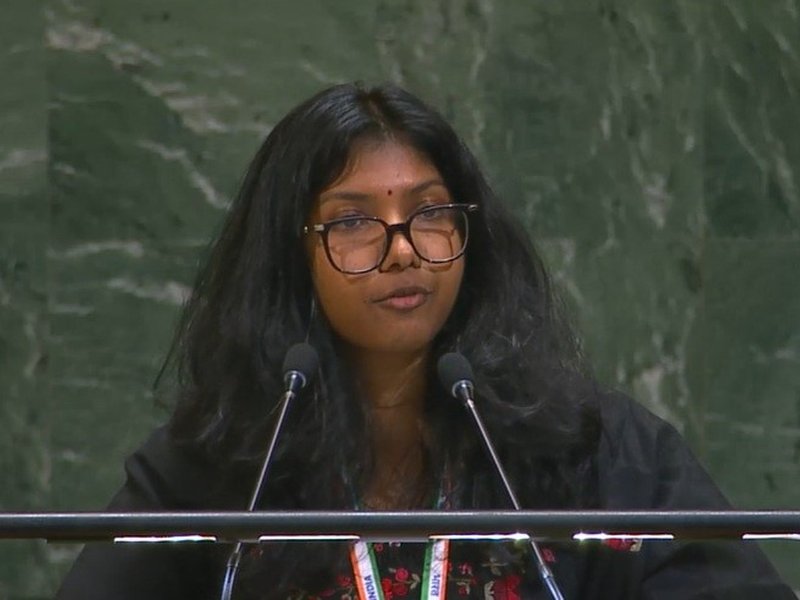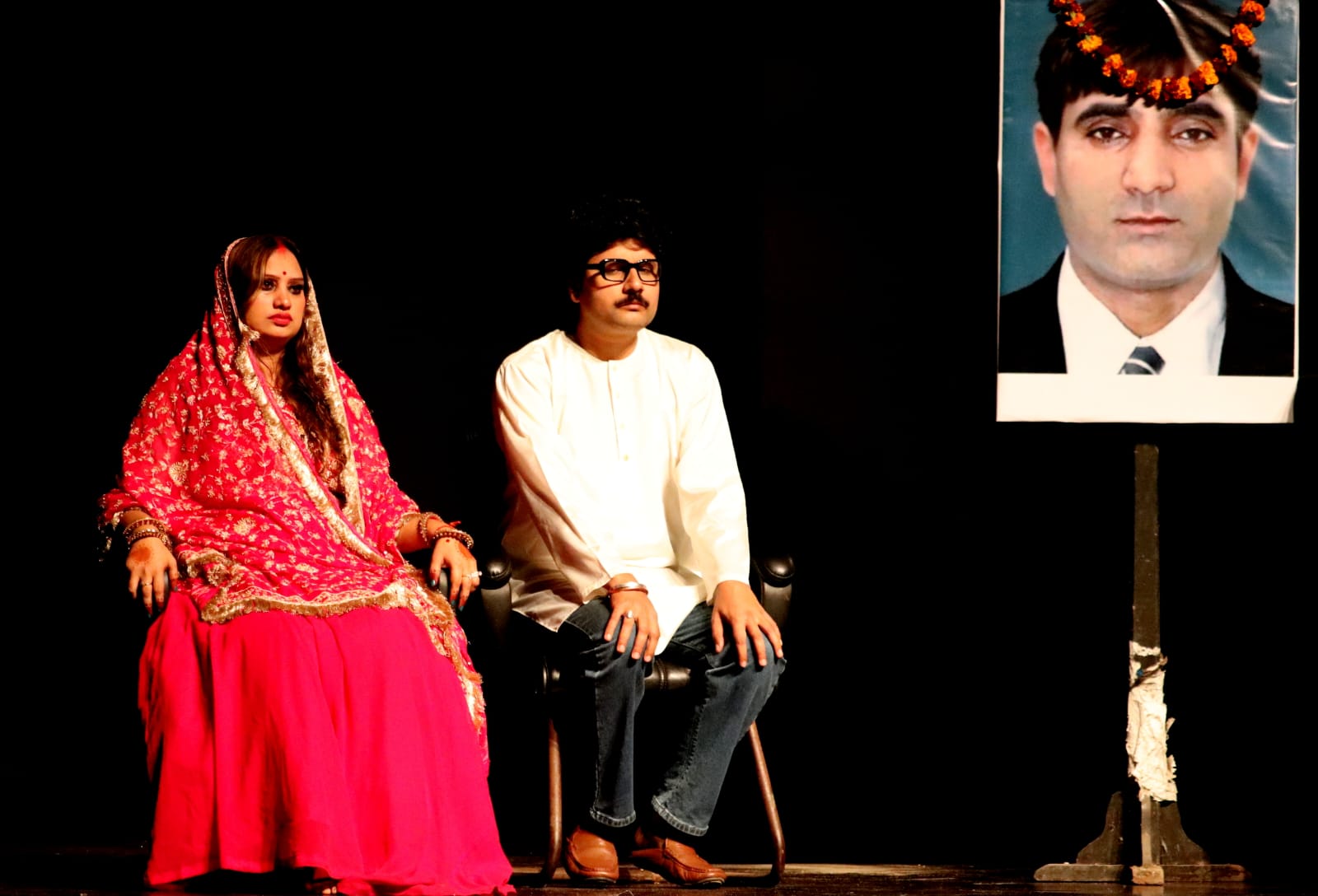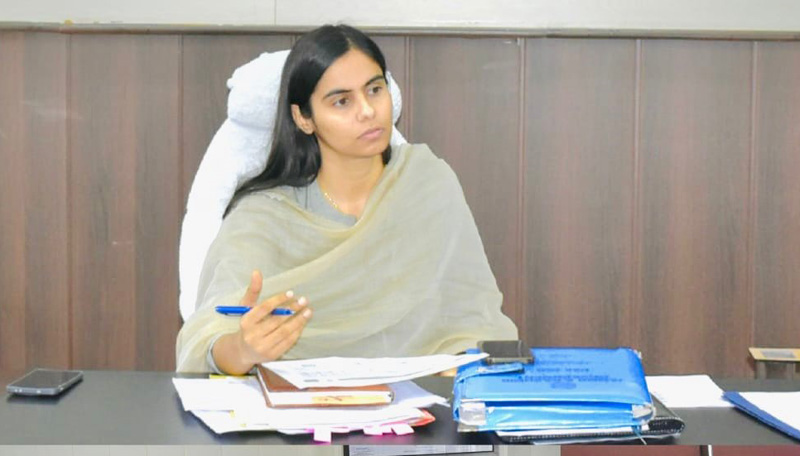India slams Pakistan at UN over ‘grave’ rights abuses in occupied Kashmir
United Nations: In a sharp rebuttal to Pakistan’s repeated attacks at the UN, India on Friday called out Islamabad’s “hypocrisy” and demanded that it immediately end the “grave” human rights violations being committed by its forces in the parts of Jammu and Kashmir under its illegal occupation.
“In the last few weeks alone, the occupying Pakistani forces and their proxies have killed several innocent civilians agitating for their basic rights and freedoms in the areas it illegally occupies,” said Bhavika Mangalanandan, First Secretary at India’s Permanent Mission to the United Nations.
Addressing the General Assembly, she asserted: “We call upon Pakistan to stop the grave and ongoing human rights violations in the territories it illegally occupies, where the population is in open revolt against its military occupation, repression, brutality, and illegal exploitation of resources.”
Condemning Pakistan’s continued use of UN platforms to hurl baseless accusations against India, Mangalanandan said, “Repetitive allegations and lies change neither reality nor the truth. Pakistan’s double-speak and hypocrisy do not deserve the time or attention of this august forum.”
Highlighting the democratic participation of the people of Jammu and Kashmir, she said their active involvement in elections was “a clear reflection of India’s vibrant democracy.”
“We reject Pakistan’s attempts to malign the people of India and the democratic choices they freely exercise, including by the people of Jammu and Kashmir,” she said, adding that their social and economic progress was visible to all.
Mangalanandan also dismissed Pakistan’s misrepresentation of the UN’s stance on Kashmir, noting that the Security Council’s Resolution 47 of April 1948 had first called on Pakistan to withdraw all its troops and citizens from the region—a condition Islamabad has never met.
“Let me reiterate that the Union Territories of Jammu & Kashmir and Ladakh are an integral and inalienable part of India,” she declared.
Reaffirming India’s commitment to human rights, Mangalanandan said the nation’s approach was deeply rooted in Mahatma Gandhi’s principles of non-violence and equality, which are enshrined in the Constitution.
“India’s domestic framework for human rights protection continues to evolve and strengthen,” she added, citing progressive legislation, judicial safeguards, and the work of national and state human rights commissions as key elements of this framework.













